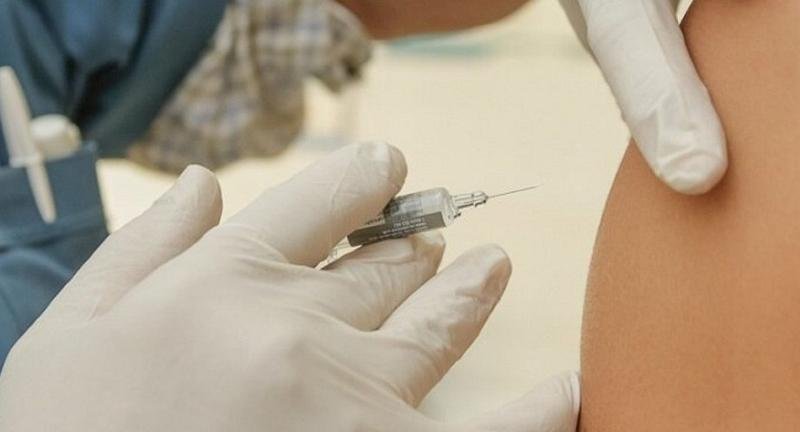Donnabelle Arevalo | Asian Journal
DESPITE having arguably the highest number of health workers per capita in the community, Filipino Americans rank below other Asian populations in terms of vaccination rates.
There are three possible contributing factors that may have led to low vaccination rates among Filipino Americans, including those residing in Los Angeles County.
Among these are: the high exposure to COVID-19 misinformation through social media; doubts on safety and efficacy of vaccines, and historical trauma and distrust toward the government.
Social media dilemma
“It took us a while to get the vaccine. I always watch videos and read items in social media about the vaccine. At first, we didn’t want to get it because we read from the internet that the first vaccine that was available (one dose Johnson & Johnson) was not that effective and those who will be vaccinated first will serve as guinea pigs to test if the vaccine works or not,” said digital creator Aireen Marquez, 46, a mother of two teenage boys.
Distrust in vaccine efficacy and safety
Despite extensive exposure to misinformation on social media, some middle-aged Filipino Americans, especially those who work in the medical field, are sharing different perspectives.
Though Tatum David, a registered nurse (RN) at Liberty Healthcare, acknowledgeed the existence of “myths” around COVID-19, she said her family’s judgment with regard to taking any vaccine, medication and getting treatment for the virus was and has always been completely thought of.
Historical trauma, religion
In a study entitled “The Role of Religions in the COVID-19 Pandemic: A Narrative Review,” the authors recognized that “culture, religion and health are closely intertwined, profoundly affecting people’s attitudes and behaviors as well as their conception and experience of illness and disease.
See complete story at Asian Journal





